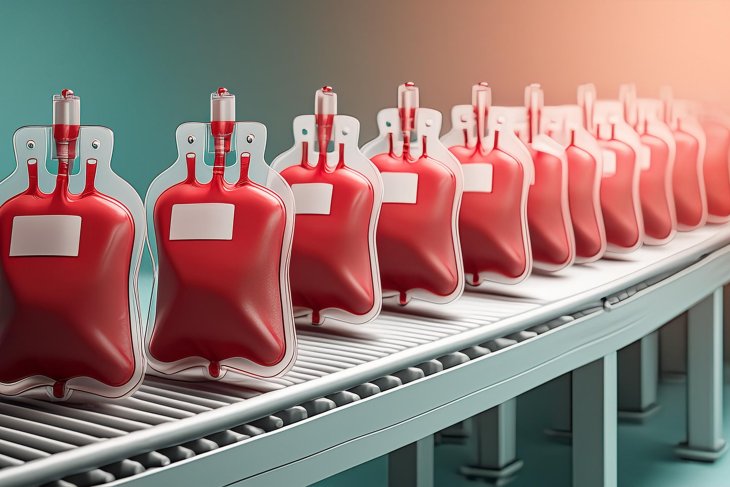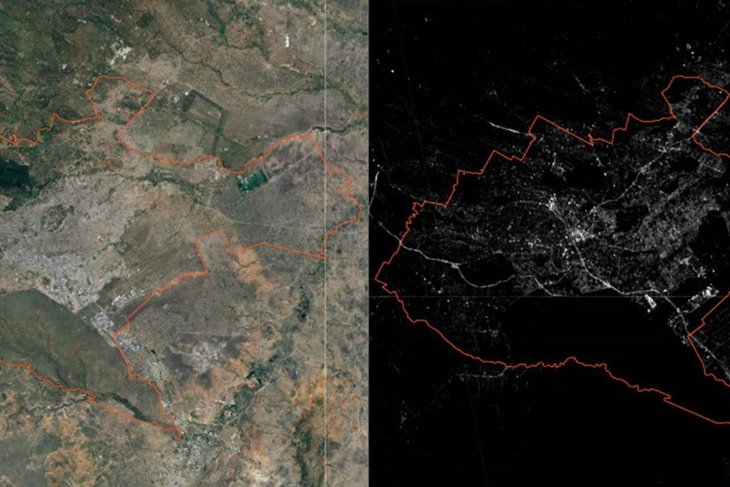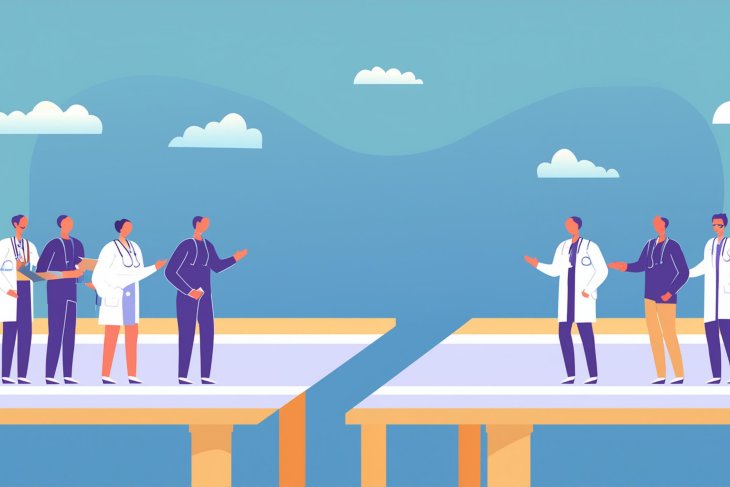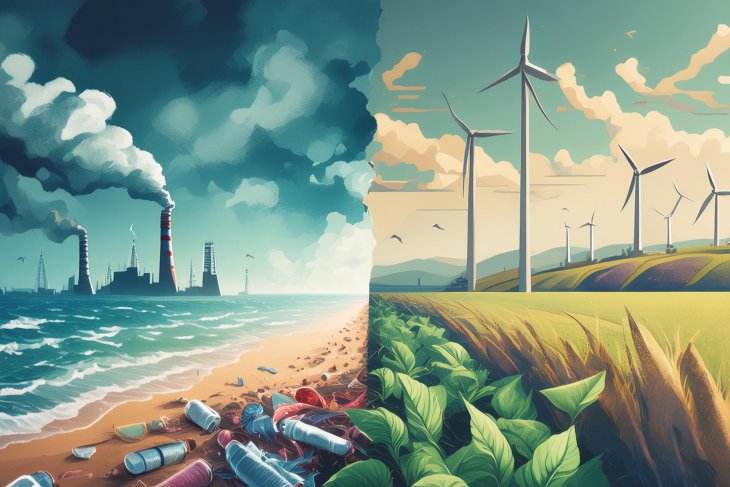For years, researchers in the field of medicine have been trying to create artificial blood. A product intended to recreate the function and / or appearance of blood. So far, there is no widespread solution. But why do we need it? Are we really missing blood? The answer is yes – and I will explain why.
Why we need artificial blood
Blood saves lives! Every year, around 100,000 people receive a blood product. These are not only blood transfusions, but also medicines made from blood. Blood comes solely from voluntary donations, but this supply is sometimes insufficient.
Why is blood supply insufficient?
You would be surprised to know how short-lived blood is. After donation, your blood can only be stored for 21 days and your red blood cells for six weeks. Adding to this, if you consider blood type incompatibility, strict donor criteria, and the occurrence of wars or pandemics, blood can run low at any given time, anywhere in the world.
For many reasons, there are very strict donor criteria in the Netherlands: you cannot donate blood if you are over 79 years old, if you have recently gotten tattoos or acupuncture, or if you have been in a specific region, for example, malaria-affected regions. Did you know that if you were in the UK in 1980-1996 for over six months you are not even eligible as a donor? And that gay and bisexual men are still not allowed to donate blood freely in many European countries? With so many limitations, it becomes difficult to obtain enough blood. Therefore, there is an urgent need for artificial blood as an additional supply and substitute.
How close are we to obtaining artificial blood?
We are getting closer, but the road is still long. One of the main challenges of making artificial blood is reproducing the function of oxygen and carbon dioxide transport attributed to red blood cells - in particular to haemoglobin, a molecule present in these cells.
In short, there are two roads leading to the goal of usable artificial blood. We could cultivate blood in a lab, with similar techniques to those used for lab-grown meat. Think stem cells, culture media and bioreactors. Or we could – and this is where my PhD research comes in – build blood from the bottom-up using synthetic and natural materials.
My research consists of engineering a new red blood cell using small oxygen-generating microspheres and synthetic lipid coatings. Ultimately, I want to create an alternative to artificial blood that does not rely on haemoglobin to oxygenate tissues. Why? Haemoglobin is the protein inside your red blood cells that normally carries the oxygen.
Problems with haemoglobin
However, the use of haemoglobin in artificial blood products presents a number of issues. Haemoglobin needs to be purified to eliminate the risk of virus contamination, and even though purification is effective, we cannot ignore the risk of resistant pathogens. Moreover, to manufacture haemoglobin-based blood, we need litres and litres of natural blood – an ethical migraine and a non-sensical circle. By creating synthetic materials-based blood, we are overcoming these barriers and creating a clean, simple, and scalable solution.
There is still a long way to go regarding artificial blood, but we are doing our part at the UT. To know more about my project, feel free to reach out to me via e-mail. I am happy to hear your opinions and ideas.
This research was funded by Health~Holland Project TKI-LSHM10974, entitled “Production of Synthetic Red Blood Cells for Safe Intravenous Use”.



